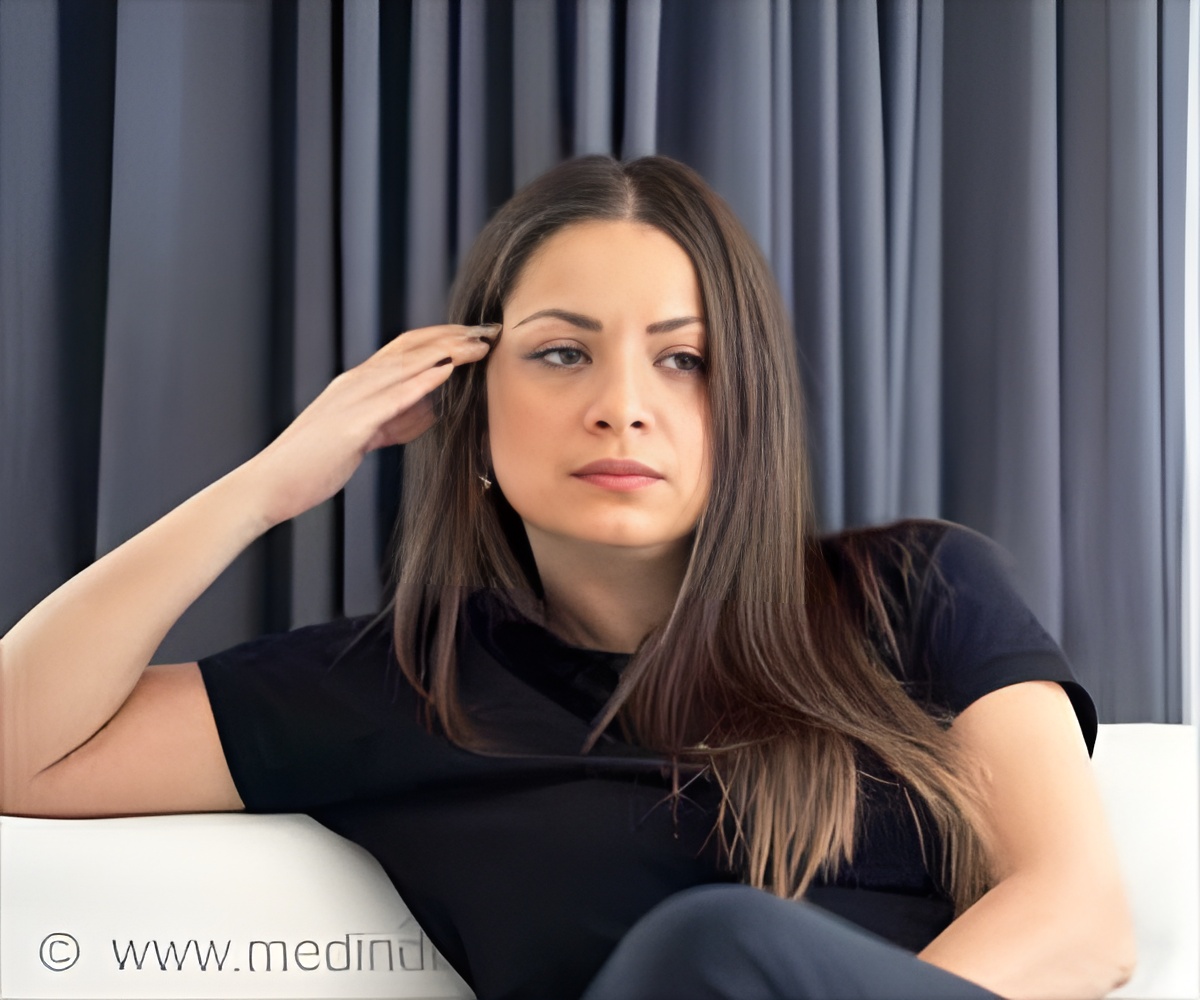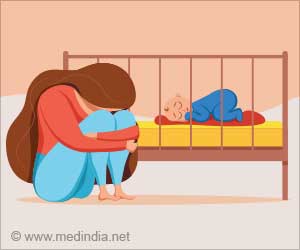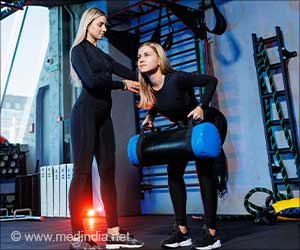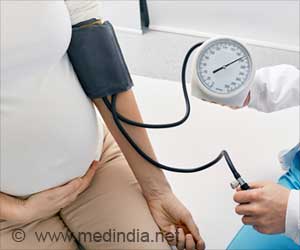Can you predict menopause? Yes says a new study. Higher levels of estradiol and follicle-stimulating hormone, irregular menstrual cycles and menopause symptoms are strong indicators that a woman is approaching menopause.

‘Higher levels of estradiol and follicle-stimulating hormone, irregular menstrual cycles and menopause symptoms are strong indicators that a woman is approaching menopause.’





Study results are published online in Menopause, the journal of The North American Menopause Society (NAMS).Factors that affect age at natural menopause are one of the most frequently studied topics in menopause-related research in recent decades, and with good reason.
Knowing when a woman will enter menopause can help identify those who are most likely to experience early menopause and be at greater risk for health issues such as cardiovascular disease, depression, and osteoporosis.
Another big issue for women is how long they will experience bothersome bleeding, which affects how they choose to manage it (i.e, with hysterectomy, an oral contraceptive pill, or deciding to "wait it out.")
Despite all the research, the ability to accurately predict a woman's age at natural menopause remains challenging because of the individual variations in women's reproductive lifespans, as well as the long duration of the menopause transition.
Advertisements
Researchers in the study concluded that higher levels of estradiol and follicle-stimulating hormone, irregular menstrual cycles, and menopause symptoms are strong indicators that a woman is approaching menopause.
Advertisements
Understanding these factors and a woman's overall risk level could help guide clinicians when choosing contraceptive options and treatments for menopause symptoms, although larger, more in-depth studies are still necessary to adequately advance such understanding.
Results are published in the article "Predicting the age at natural menopause in middle-aged women."
"This study, although conducted in a small number of women, adds to our knowledge regarding what factors are important in a prediction model for the age at which a woman will enter menopause. Accurately predicting age at natural menopause would better inform how we counsel women regarding multiple issues, including cardiovascular risk, family planning and contraception, and management of perimenopause issues such as irregular or heavy menstrual bleeding, vasomotor symptoms, and mood changes," says Dr. Stephanie Faubion, NAMS medical director.
Source-Eurekalert















